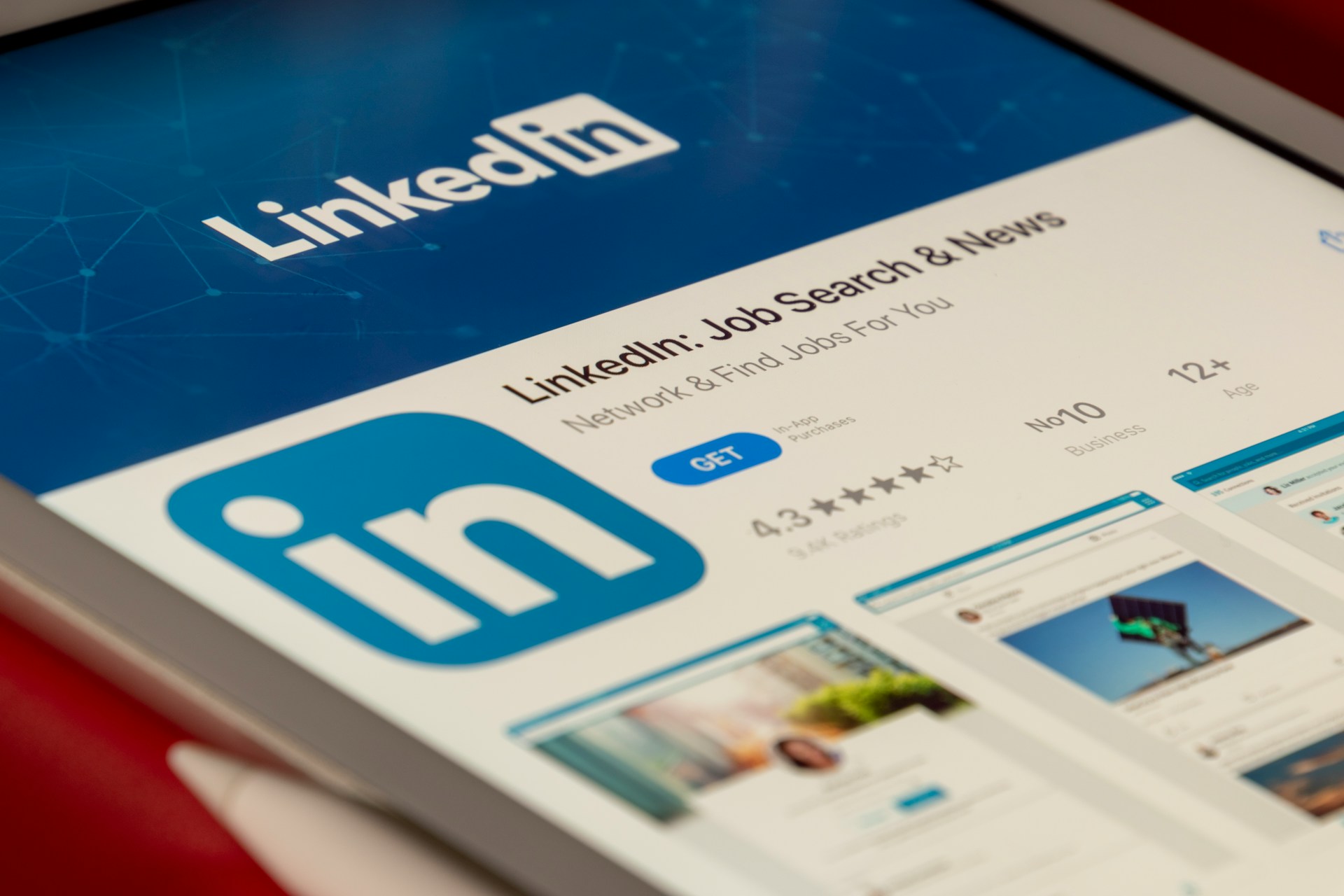I have a rocky on-again, off-again relationship on LinkedIn. Sometimes it feels like a fun, cool place full of industry news for my hungry brain to devour. Sometimes it feels like a wasteland full of the echoes of Neil Patel’s voice receding into the distance.
During the good times, I spend time thinking about insightful things to say about articles, and what articles or blog posts I can share there that would be interesting to my connections. During the bad times, posting to LinkedIn feels a bit cringey and self-serving.
Since I’ve been making an effort to use LinkedIn more recently, this is something I’ve been giving some thought to, and I feel like I’ve come to some conclusions.
Only a Small Number of LinkedIn Users Post
Per LinkedIn, only 1% of its active users post regularly.
From LinkedIn’s point of view, that gives users a fantastic opportunity to be seen every time they post. That’s not wrong, either.
But for me, a social media user, it means that there’s very little original content to read. I scroll through the feed, and there are repeated posts, fluffy but in the end meaningless inspirational quotes, and shameless marketing.
The marketing sometimes comes from brands, but more often than not it comes from people desperate to prove their authority in whatever industry.
In essence, there’s not much content, and much of what there is is shallow, uninteresting, and serves the interests of the author first and the interests of the audience second.
This is similar to the reason I abandoned Threads after a few weeks. The site was so empty of users and the algorithm and search functions so anemic that most of what I saw was from brands. Companies were eager to become early adopters with the hype Threads was getting, and the fact that it was billed as a Twitter clone made jaded social media users hesitate.
It Feels Like an Echo Chamber
Even different pieces of content I see on LinkedIn start to sound very much alike. People are rehashing old best practices, offering outdated advice, and providing commentary on old news.
Even people’s favorite inspirational quotes are often repeated.
What I’ve seen of LinkedIn is very much homogenized and sanitized to the point of being very uninteresting. As a result, I don’t really visit the site much at all. It’s just not interesting.
I think part of this is that a lot of users, even users with a considerable amount of authority in their field, don’t want to post anything controversial. On other social media channels, controversy sparks conversation, even arguments.
It Lacks Authenticity
Everyone is a brand on LinkedIn.
People aren’t posting as their authentic selves. They’re posting as the best possible version of themselves, because LinkedIn is essentially a slow rolling resume.
Honestly, for me, people are at their most interesting when they’re messy. When they make mistakes, reveal their flaws, have opinions. And that’s not something I see much of on LinkedIn.
That’s to be expected, I think. As a professional website, personal views and some personal traits are dangerous to put out there. They can reduce your perceived authority and your hireability. Rewards always come with risks, but the corporate world is chronically allergic to risk.
When you sacrifice authenticity, you lose relatability. This is something I’ve always stressed to my clients; that being authentic is what consumers want in this age of relationship marketing.
But authenticity is not without risks.
How Can This be Fixed?
In short, it can’t. Any steps taken to resolve these issues would require changing the nature of the site itself.
After all, nobody goes to work to socialize. We don’t spend our off-hours at the office water cooler. We’re there to work, and there’s a tremendous weight of criticism that comes from managers and coworkers alike. Nobody wants to be exposed to that.
The conclusion that I come to is that I’m just not sunk deep enough into my industry for LinkedIn to be a primary social network for me, or even a regular social network. Maybe that’s okay. LinkedIn certainly seems to be doing well for itself. The things LinkedIn does are things it does better than any other social network out there.
So why would you fix what isn’t broken?


Leave a Reply